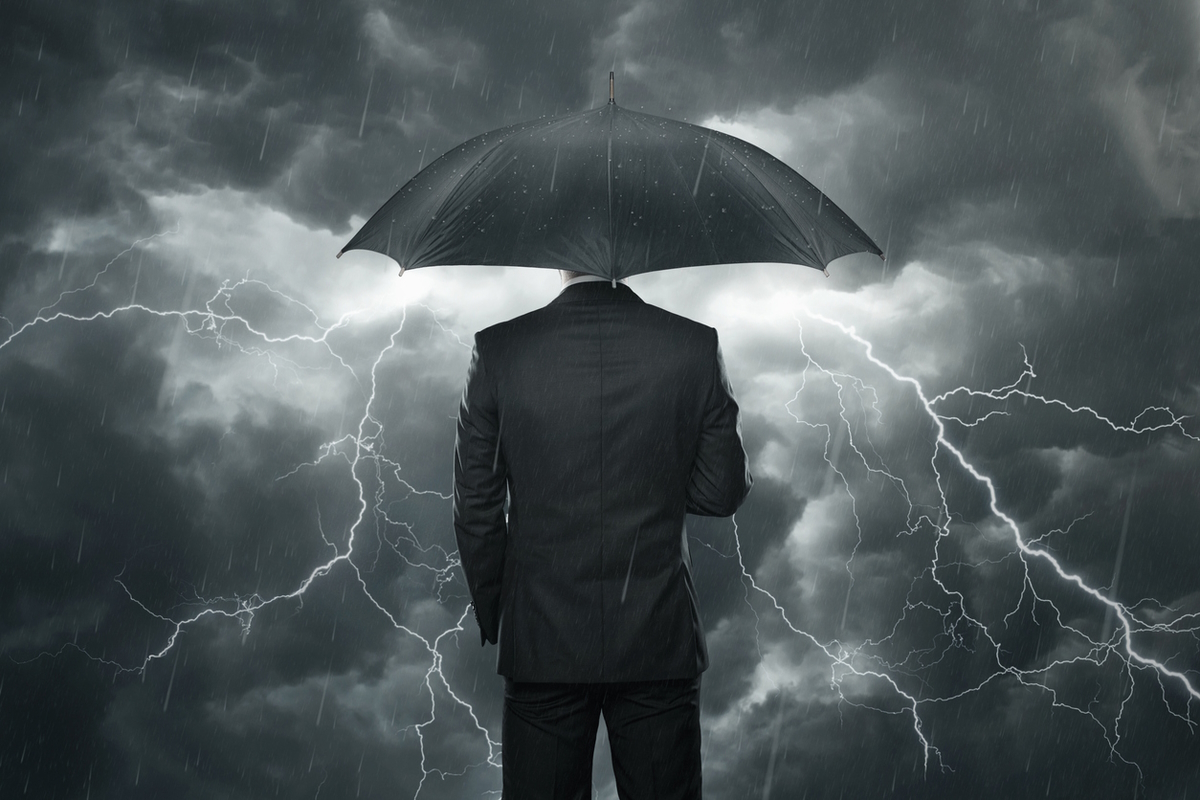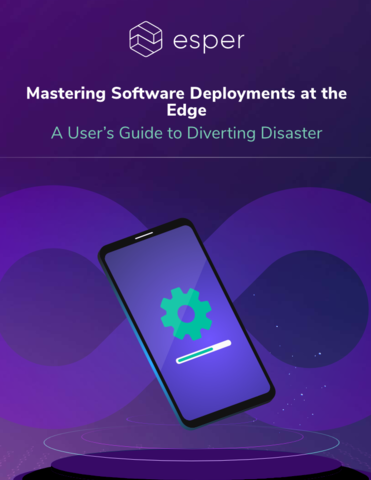How to manage a crisis – and protect the reputation of your business

Louise Vaughan at Definition Group discusses how it has never been more important for companies to control information and make calm, rational decisions under pressure.
According to Collins Dictionary, 2022’s word of the year wasn’t ‘goblin mode’ (that’s two words, anyway), ‘gaslighting’, ‘war or ‘woman’. It was, in fact, ‘permacrisis’ – which is “an extended period of instability and insecurity”.
Brexit, pandemics, wars, elections, the rise of cancel culture, strikes and recessions have seen global economies, businesses, politicians and everyday people lurch from one crisis to the next in recent years. Early indications are that this year will be no exception – and there are some stark learnings to be found in the events of 2022.
From the royals’ rollercoaster of reputational ruin and the many gaffes of politicians to stellar corporate comms disasters by P&O Ferries, BrewDog, FIFA and Balenciaga, the year charts almost every lesson in reputation mismanagement.
But getting it wrong isn’t just about bruised egos. It’s also something that has a real financial impact. According to our client, Guinness World Records, Elon Musk has just broken the record for the largest loss of personal fortune – an estimated $182 billion – which is, in part, fuelled by poorly considered tweets (and actions) since becoming Twitter CEO.
According to the World Economic Forum, a quarter of a company’s market value can be directly related to its reputation and 87% of executives think that reputational challenges are more important than other strategic risks.
Clearly, it’s not just billionaires having sleepless nights over the dangers. In a world that’s now predictably unpredictable, more businesses than ever are grappling with the best way to plan and prepare for the impact of negative news. This could be because of poor economic performance, restructuring, supply chain issues, bad customer service or Glassdoor reviews.
Or it could be a full-blown emergency linked to accidents, negligence, cyber-attacks, product recalls and activist targeting. It may even be just a simple cock-up. Whatever the reason, a mismanaged crisis casts a long shadow over the value and reputation of a business and its leadership team.
Being prepared to control communications when disaster strikes isn’t just good practice or business sense. Rather, it’s an essential element of risk management and business continuity planning. And despite all the chatter (sorry, it had to be done) about ChatGPT being the cat’s pyjamas (full disclosure - that idiom did come from ChatGPT) it’s something a chatbot won’t fix.
So, for anyone starting to think about what they can prepare for and how, should the proverbial hit the fan, these five essential tips should be central to ANY crisis preparation and response – no matter the scenario.
- Have a plan. It sounds simple, but many organisations either haven’t developed a crisis plan or, if there is one, haven’t reviewed it in the last six months. How would you fare if you received a call at 5pm on a Friday from a journalist running a national exposé on your business? What would you say? Who would say it? What channels would you use? What would you tell your investors and team? Your plan needs to define all roles and responsibilities, out of hours and offline contacts and authorisation processes. It also needs to be accessible offline and remotely.
- Use your ‘F’ words. And not the one that might spring to mind immediately! Be first, frank and fast with your response – in an age of 24-hour news, the media has a voracious appetite for stories and getting a response out quickly is essential to managing the narrative. Remember (the royal family being a prime example), “no comment” doesn’t mean no story and it’s always better to work with journalists and influencers rather than ignore them – they’ll run the piece anyway.
- Be honest. With yourself and others about your role in the situation. If you’re at fault, say so (it’s bound to come out, whatever) but also use your ‘R’ words – regret, reason and remedy – to explain why it happened and what you’re doing to put it right. NEVER lie, try to shift blame or dodge the full story – the truth will out and you’ll get far more respect for taking it on the chin and demonstrating a credible approach to putting things right.
- Show empathy. Once upon a time, a formal holding statement worked wonders in a crisis, but in today’s post-pandemic world, the businesses that manage their reputations well when they occur do so by being authentic, sympathetic and staying true to their tone of voice. Corporate jargon in statements from the legal team will only serve to either alienate people or, worse, look like there’s something to hide. Always use a style that’s authentically “you”.
- Think inside and out. Your internal audiences are as important as your external ones, though communication to employees can often be forgotten in the scrabble and panic to respond to media and comment on your social feeds. If you can engage them in the right way, they’ll be your greatest advocates and a first line of defence that can really amplify your response. Spend as much time mapping out your internal communications flow as you do your external one. And remember, your people will always know far more than you think they do! Don’t spin, be straight up with the facts (as much as circumstances will allow) and always treat colleagues with respect.
Following these guidelines will stand you in good stead for any media scrutiny. However, you may also consider working with an agency with a strong track record in crisis planning and support. Always establish this by asking for client testimonials.
Louise Vaughan is co-founder & chief client officer at Definition Group, whose specialist crisis planning and response unit is The Brand Protector.
Main image courtesy of iStockPhoto.com

Business Reporter Team
Most Viewed
Winston House, 3rd Floor, Units 306-309, 2-4 Dollis Park, London, N3 1HF
23-29 Hendon Lane, London, N3 1RT
020 8349 4363
© 2025, Lyonsdown Limited. Business Reporter® is a registered trademark of Lyonsdown Ltd. VAT registration number: 830519543





